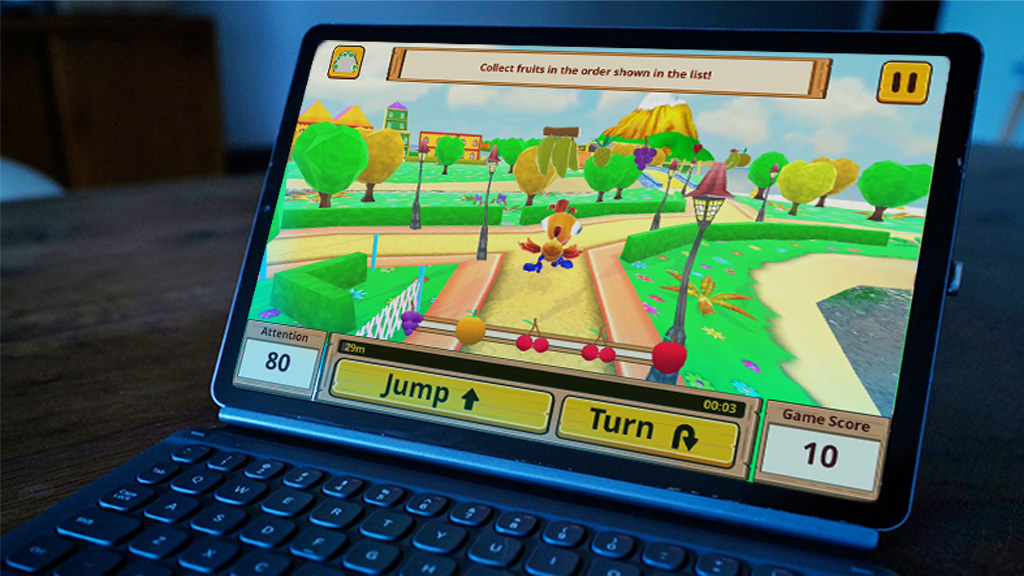Attention-deficit/hyperactivity disorder (ADHD), a neurodevelopmental disorder marked by an ongoing pattern of chronic inattention and/or hyperactivity-impulsivity, affects around 6 million children and 10 million adults in the US alone. With the recently concluded ADHD Awareness Month in October that aims to raise awareness and provide facts, present available supports and help remove the stigma attached to the disorder, we focus on treatments and programs to assist families, parents, and schools to help manage ADHD.
Diagnosis and treatment from childhood up to adulthood is crucial, as these help improve daily life; realizing that your child, or you as an adult have ADHD will go a long way toward self-acceptance and eventual self-improvement. With the onset of the pandemic in early 2020, many ADHD patients felt increased triggers because of the isolation and lockdown, which may have led to higher stress situations, even creating risks for depression. It is then imperative to continue receiving support from family, academic community, mental health professionals, and practice stress reduction behaviors.
What are treatment options available to children with ADHD that family members can adapt and avail of?
Conventional treatments
There are conventional treatments for ADHD, such as educational programs to help your child in school, and even at home. One is play therapy which can help reinforce self-expression and manage emotions. Included in play therapy may be sand art therapy, which facilitates natural expression of emotions.Medications help children with ADHD symptoms, but can also spell side effects such as insomnia, headaches, stomach aches, and even recurrence of symptoms.
Psycho-social treatments such as behaviour therapy for both the child and the parents, aim to learn or strengthen positive behaviours. Here, behaviour management is learned, helping both parents and their child cope with the challenges of ADHD.
New methods for managing ADHD
Neurofeedback, or EEG (electroencephalogram) training, is a complementary program for managing ADHD, as it aims to train their brains. This is done through the study of the brain waves, monitoring, and getting feedback on these brain signals.Neurofeedback shows brain activity and how the brain responds to certain stimuli. With proper and regular monitoring of brain training, there could be improvements to behaviour and improvements to their ADHD symptoms.
Neurofeedback via Cogo
Cogo is a patented, scientifically validated digital attention training program based on Brain Computer Interface (BCI) technology. Jointly developed by A*STAR’s Institute for Infocomm Research (I2R), Institute of Mental Health and Duke-NUS Medical School in Singapore, CogoLand, paired with Neeuro SenzeBand 2, is easily administered and is a fun and interactive game to help improve your children’s attention issues. It is a solution to help children learn to focus better and is complementary to current conventional treatments for ADHD.
Benefits of Cogo
The therapeutic approach of Neeuro Cogo uses a non-invasive BCI-based game to help children learn to focus better. This patented solution was developed from over 10 years of research with clinical trials conducted.
Results from the clinical trial that involved 172 ADHD children, showed that children who received 8 weeks of intervention had significant improvements in their inattentive symptoms than those who did not receive any intervention. Additionally, through brain scans (fMRI), children in the intervention group showed renormalization of their brain network activity – increased closeness in the prefrontal region of the brain that is associated with attention (i.e. less inattentive symptoms).
For parents who have children with ADHD, the advent of complementary solutions such as CogoLand makes managing this disorder much better. It is encouraging that brain training using EEG devices may help improve their children’s mental health challenges, particularly ADHD.
Click here to partner with us and help your child achieve a stronger and healthier brain!






Leave a Comment